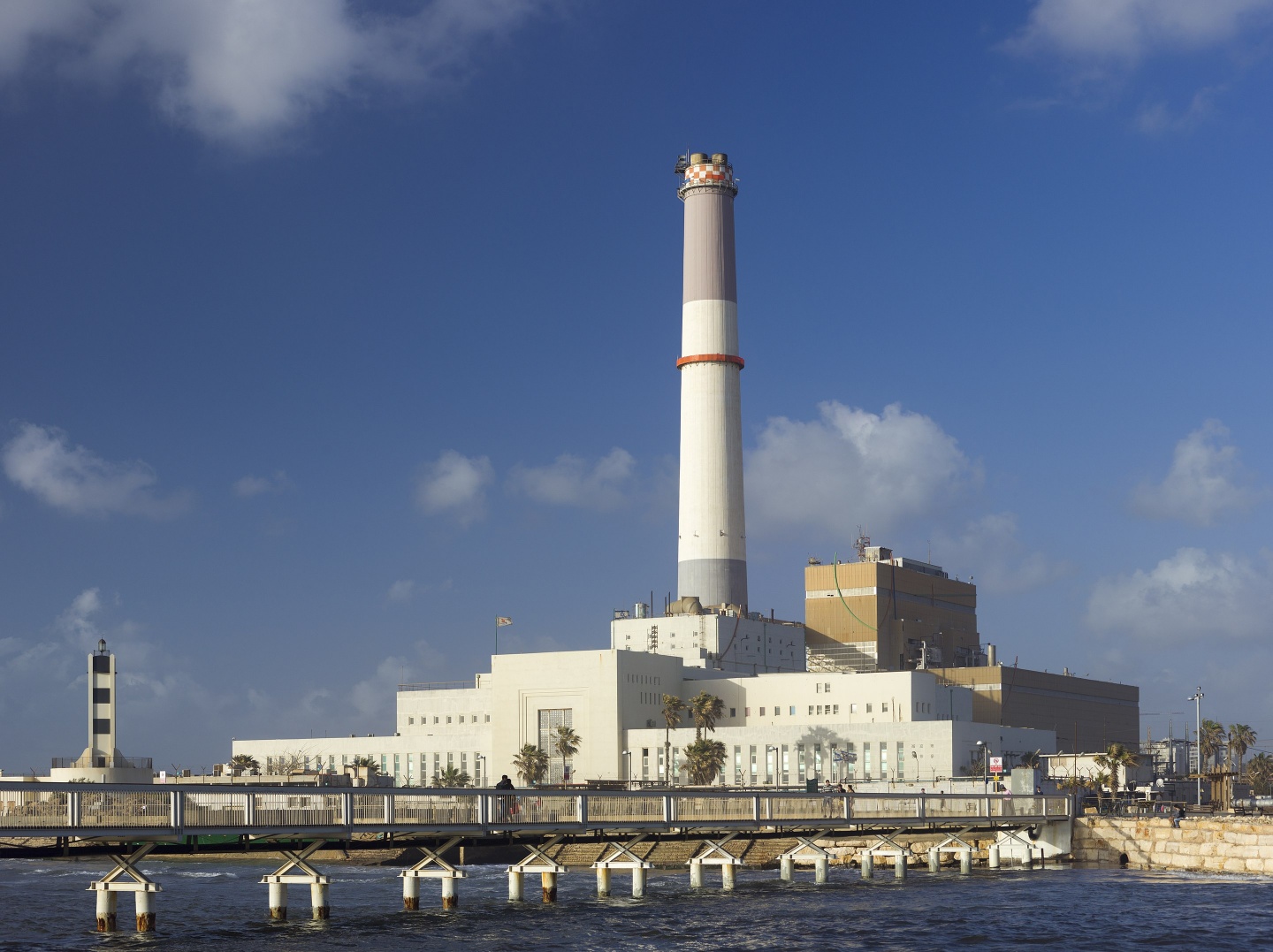16 August, 2017The High Court of Justice in Israel has issued a preliminary ruling that workers at state-owned enterprises can no longer strike against market reforms being undertaken by the government.
The conditional order overturns an earlier judgement in support of the right to strike, and comes in response to industrial action by the Histadrut union federation against the privatization of the publicly owned monopoly, the Israel Electric Corporation (IEC).
The IEC employs 12,500 workers. For the past three years, the government has instituted a so-called market reform programme to end the state monopoly on electricity generation. The privatization plan means the company will stop generating electricity and sell its power stations to the private sector.
The so-called reforms have already cost 800 jobs. The Histadrut expects the privatization to result in between 5,000 and 6,000 job losses. Workers at IEC took part in industrial action in June and July, including refusing to issue electric bills.
In May 2017, the High Court upheld early judgements by regional and national labour courts in support of the right to strike. However, the government appealed the ruling, claiming that because the strikers oppose government policy, the strike is political and therefore illegal under Israeli labour law.
The government was supported by private electric corporations, who argued that strikes should not be allowed to influence, harm or cause financial loss.
The Histadrut argued in court that the strike is economic, and therefore legal, and not political. It is a legitimate defense of workers’ terms and conditions, and the right of the union to be consulted before the so-called reforms are implemented.
The ruling is seen as an attempt to fundamentally challenge the position of labour in Israeli society. The court signaled that the right to strike undermined anti-trust and competition law, preventing the government from making pro-market reforms.
The outcome of this case will have ramifications on other essential public services and on the legal status of the right to strike. In previous cases, the right to strike was recognized by Israeli High Court of Justice as a fundamental and constitutional right derived from the right to freedom of association, including in cases when the strike was against the government's decisions.
Historically, there was a very close relationship between the Histadrut federation of labour and the public sector, with the federation also owning a number of enterprises. This relationship has been successively undermined by economic liberalization and changes to the law since the 1980s.
In a letter of solidarity to the Histadrut, IndustriALL general secretary Valter Sanches wrote:
“The Court’s decision would seriously impinge on fundamental workers' rights, including the right to employment stability. It is obvious that one of the main tasks of the Israeli High Court is to protect human rights, and the right to strike is one of them.
“IndustriALL Global Union is very concerned about the possibility of imposing serious restrictions on the right to strike. We believe such an outcome would be against the International Covenant on Economic, Social and cultural Rights, as well as against ILO's Convention 87 concerning freedom of association and protection of the right to organize, and ILO's Convention 98 concerning the application of the principles of the right to organize and to bargain collectively.”


